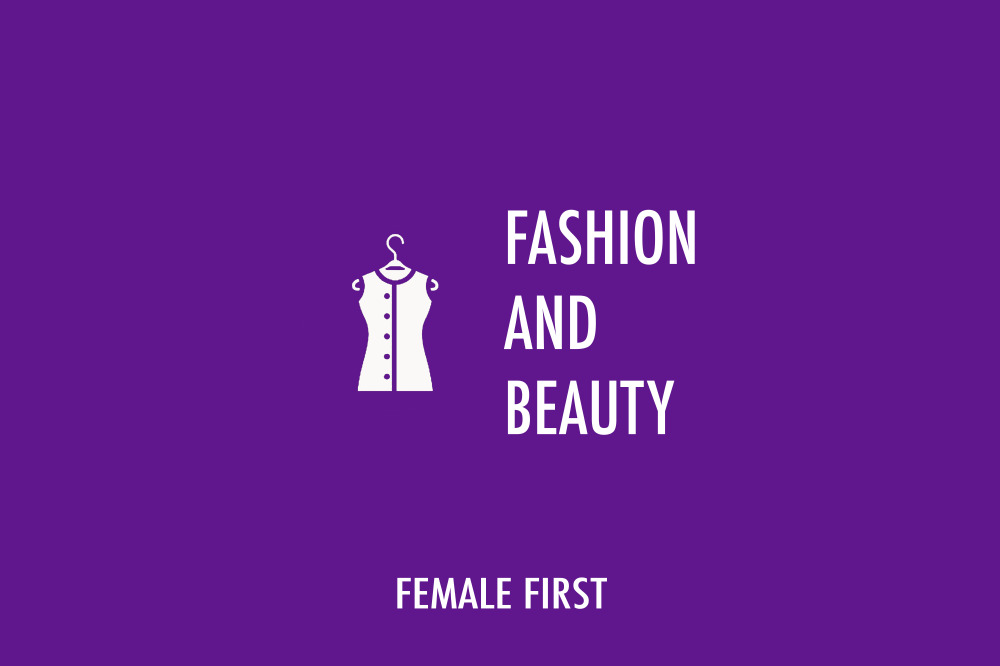Leading beauty expert, entrepreneur and founder of cult beauty brand Studio10Beauty.com

Fashion and Beauty on Female First
For women, the issue of 'power' can be a thorny one. The very idea of being a powerful woman has historically been seen to be 'intimidating', 'masculine', 'cold' and that most awful of things a woman can be deemed - 'not very nice'.
This was demonstrated to great effect this week by Human Rights Lawyer Amal Clooney. Having spent significant time (and one might assume emotional energy) working for the rights of the Yazidi people when faced by the brutality of ISIS, it probably won't be surprising that she feels really very strongly about the abuses women in particular are facing.
So it would follow that when surrounded by many powerful, wealthy men at the UN who have the power to make conditions much better, she would, rightfully be highly vocal about this.
Imagine my surprise when I read this piece in The Pool, highlighting the New York times who apparently considered this passionate defence of women with no rights (or as I call it 'doing her job) 'having a tantrum'.
She wasn't even considered worthy of being listed as an individual, instead denigrated to 'George Clooney's wife'. That's right - years of study, success and work, condensed into 'some famous man's missus'.
What if she'd handled it differently? Turned up, one shirt unbuttoned, stroked a few egos and maybe a legs, then breathily suggested that it would be 'so kind to see those women protected a little by some big strong UN men'.
Because that seems to be what we expect of women - to be 'nice', to play 'meek' and to defer or be constructive.
Many of our modern 'powerful' female icons fall victim to a media that portrays them as bitchy, unlikeable or in the case of Hilary Clinton, dishonest - using language and expectations that just aren't applied to their male equivalents. In short. Just not very 'nice'.
As a business owner, in charge of an international team of staff and a rapidly expanding start-up, I'm well aware of what this means. Where a man might demand results, I have to 'coach' them or be levelled with accusations of a personal nature.
I truly believe that for women to ever find equality, we have to become comfortable with the idea of our power, and step into it once and for all, and this is reflected in the work of the experts on the subject.
Facebook exec Sheryl Sandberg shares a similar experience. Her passion that women need to push past being seen as 'nice' to get ahead is what led to her writing the most successful feminist business manifesto in a generation; Lean In.
This doesn't get easier for women as they age. The various stages of life all seem set to rob women of their power.
A recent study showed that women in their 30s are significantly more likely than a man to experience 'imposter syndrome' - that little voice in your head that says you're not good enough, don't know enough and that you must not make mistakes or you'll be found out. Often we compensate with being 'really nice' to cover our own lack of self-esteem.
I work with women who even with 20+ years in their career still don't feel good enough to push themselves forwards, one friend even allows her male boss to claim credit for her ideas - worried that she'll be deemed 'difficult' and demoted if she stands up for herself.
All this suppression and supplication comes at a very high price. Our health invariably suffers as a result.
Psychologist and author of wellbing book 'Removing The Mask of Kindness' explains the deeply disturbing consequences of enforced niceness:
'I've seen a surprising number of women who, to their peers, are like Wonder Woman because of their boundless energy and unwavering commitment to others.
'But behind the mask there is often misery, emotional isolation, emptiness, guilt, shame, anger and anxiety.
'The problem is that being saintly can be deadly. When giving is the reason for living, the person is transformed into a non-person.'
Heart conditions, anxiety, breakdowns - all can come from being too nice, too often.
Does that mean you can't be female or feminine? No - Amal Clooney is undoubtedly beautiful, dresses fabulously and just so happens to also be clearly capable of wiping the floor with a roomful of men. And that's a very good thing.
So what do we do to change this most pervasive form of sexism? We stop being too nice ourselves. No buying gifts unncecessarily, or deferring to the opinions of your male colleagues.
We protest loudly when we do see it - the internet has made journalists of us all - share your comments, thoughts and opinions wherever and whenever you can.
And most of all try and stop expecting 'nice' from other women and instead look for 'respect'.
Because when those of us with voices ask for respect and get it, in whichever way we deem appropriate, those women who don't have the same rights will be the ones to benefit - and that's a very nice thing indeed.

